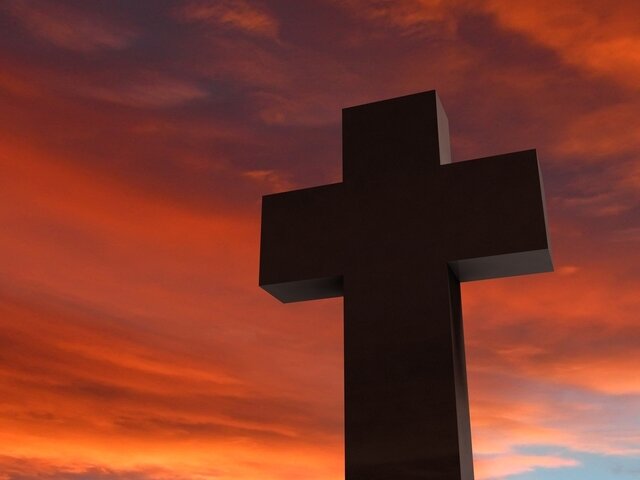In a world often perceived as divided between faith and reason, the relationship between Christianity and science has been a subject of intense debate and scrutiny for centuries. While some view these two realms as inherently contradictory, many modern scholars and religious thinkers argue for a more nuanced perspective that allows for coexistence and even synergy between the teachings of Christianity and the discoveries of science. In this blog post, we will delve into the historical interactions, key points of contention, and potential areas of harmony between Christianity and science.
Historical Context: Seeds of Discord and Unity
The historical narrative of Christianity and science is far from monolithic. Early interactions between the Christian faith and scientific inquiry were often fraught with tension and conflict. The Galileo affair of the 17th century, where the Catholic Church condemned Galileo Galilei’s heliocentric model, stands as a notable example of this discord. However, as time progressed, a more nuanced understanding emerged, and many key figures in the scientific revolution, such as Isaac Newton and Johannes Kepler, were devout Christians who saw their work as a means of uncovering the intricacies of God’s creation.
Points of Contention: Evolution and Cosmology
One of the most notable points of contention between Christianity and science has been the theory of evolution. The concept of humans evolving from earlier species challenges certain literal interpretations of creation found in religious texts. This debate has sparked extensive discussions, with proponents of theistic evolution suggesting that God’s guiding hand is evident in the evolutionary process itself. Others, however, still hold to a more literal interpretation of creation as described in religious texts.
Similarly, the field of cosmology has raised questions about the relationship between Christianity and science. The Big Bang Theory, which describes the origin of the universe, has led to discussions about the moment of creation and whether it aligns with religious beliefs. Some theologians and scientists argue that the Big Bang theory supports the idea of a deliberate act of creation, while others contend that it is merely a natural process without religious implications.
Areas of Harmony: Complementing Truths
While debates and conflicts persist, many scholars and religious leaders emphasize that Christianity and science can complement and enrich one another. Pope Francis, for instance, has openly supported the idea of evolution and sees no conflict between the theory and Christian belief. He suggests that both realms provide distinct insights into the mysteries of existence, with science exploring the “how” of creation and religion delving into the “why.”
Furthermore, some theologians argue that the creation stories in religious texts should be understood as allegorical or symbolic narratives rather than literal historical accounts. This interpretation allows for greater flexibility in reconciling scientific discoveries with religious teachings. Theologian John Polkinghorne, for example, proposes that science and theology are both avenues to truth, and each can contribute to a more comprehensive understanding of reality.

Collaborative Exploration: Bridging the Gap
In recent years, efforts have been made to foster dialogue and collaboration between Christianity and science. Initiatives like the BioLogos Foundation aim to create a space where scientists, theologians, and believers can engage in meaningful discussions about topics like evolution, genetics, and neuroscience. These conversations seek to bridge the perceived gap between faith and reason and encourage a more holistic understanding of human existence. To find out more about Christianity and science, browse more in this site for further info.
Conclusion: A Multifaceted Relationship
The relationship between Christianity and science is a complex and multifaceted one. While historical conflicts and contemporary debates have shaped the narrative, it is increasingly evident that these two realms need not be in perpetual opposition. Many individuals, both within the Christian community and the scientific community, are advocating for a nuanced approach that recognizes the potential for harmony and collaboration.
As we move forward, the journey of exploring the interplay between Christianity and science continues. The dialogue between faith and reason enriches our understanding of the universe and our place within it. By embracing a mindset that values both empirical inquiry and spiritual insight, we can unlock new dimensions of knowledge and meaning that transcend the boundaries of tradition and dogma.


